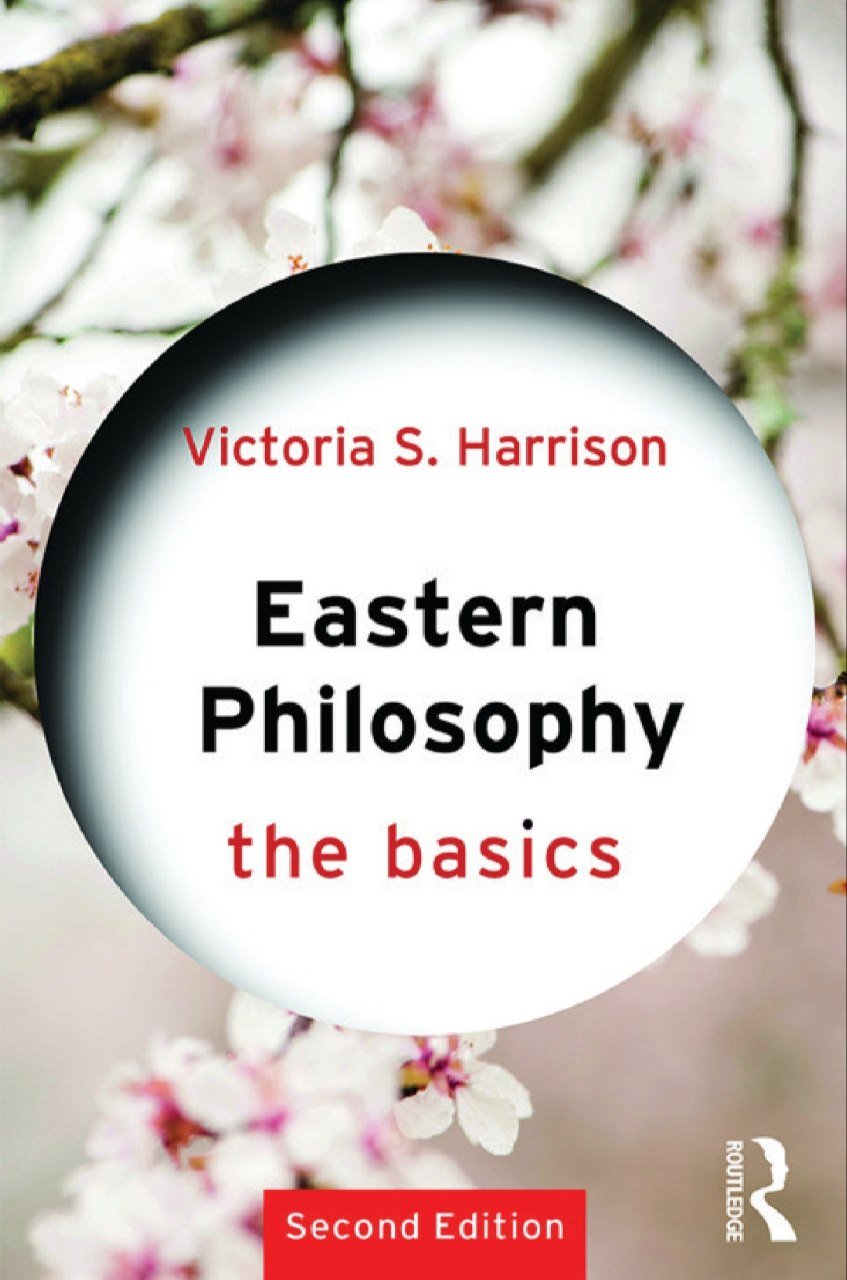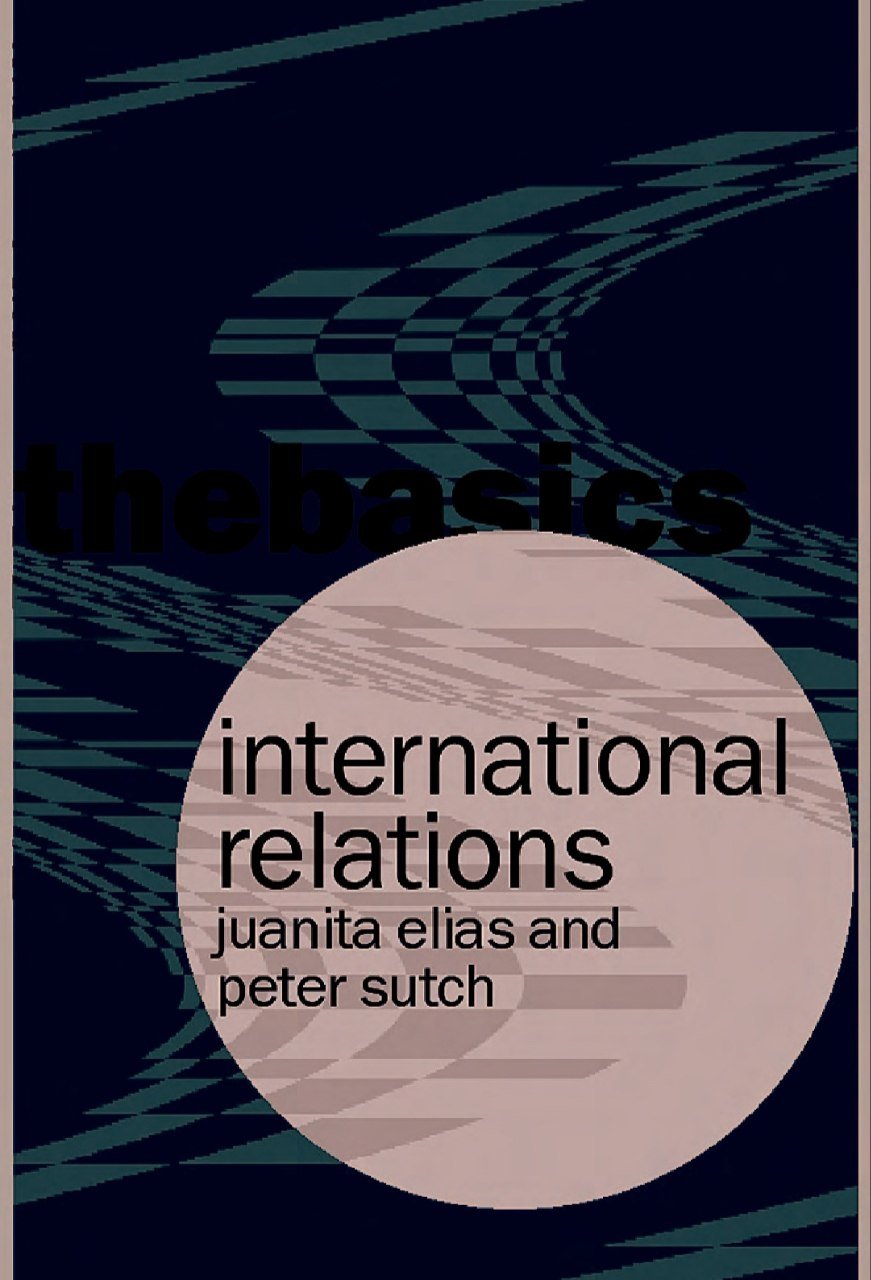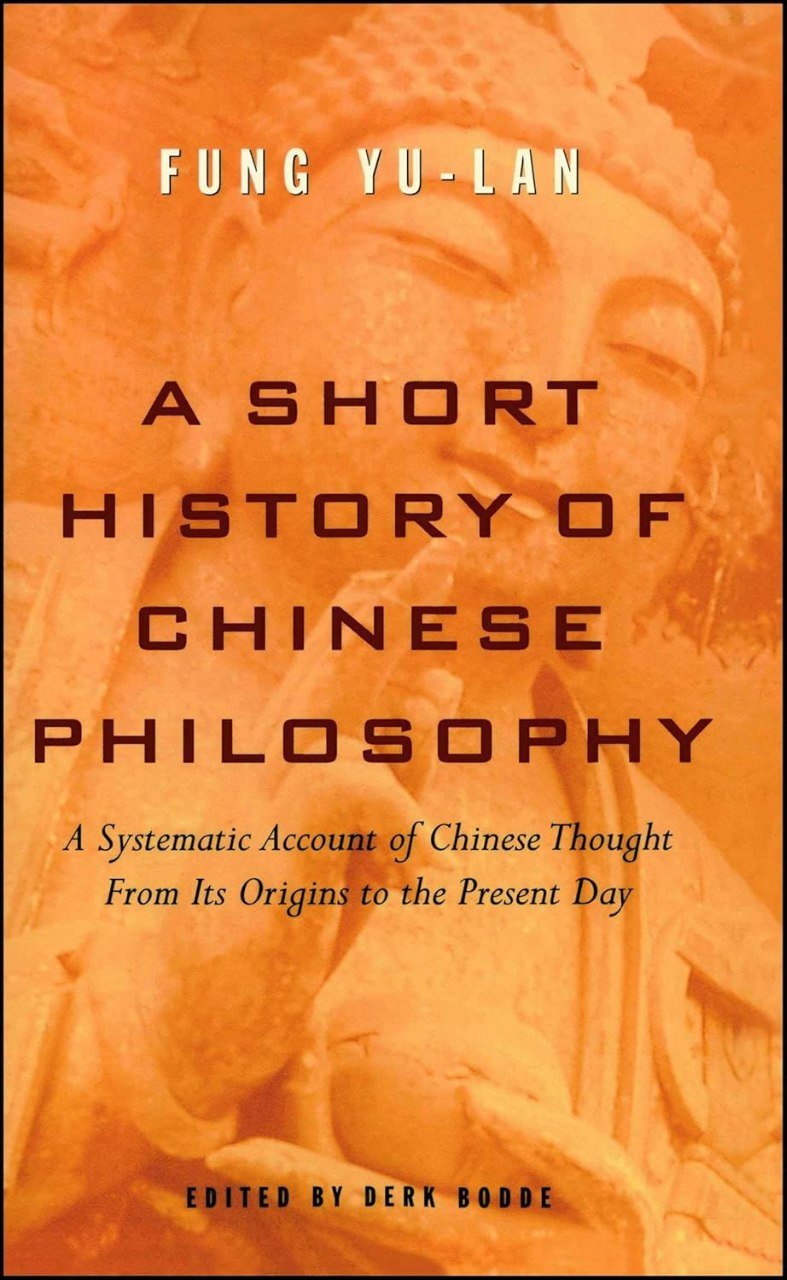

Early Analytic Philosophy and the German Philosophical Tradition
Reviews
No review yet. Be the first to review this book!
Description
"Early Analytic Philosophy and the German Philosophical Tradition" by Nikolay Milkov provides an insightful exploration of the development of early analytic philosophy in relation to the German philosophical tradition, specifically focusing on the influential figures and intellectual currents that shaped this transition. Milkov's work delves into the philosophical connections between the German idealist tradition, particularly the works of figures like Kant, Hegel, and Schopenhauer, and the rise of analytic philosophy in the early 20th century, with a specific focus on the contributions of figures such as Frege, Russell, and Wittgenstein. The book’s central thesis is that the emergence of analytic philosophy cannot be understood in isolation from its intellectual roots in German philosophy. Milkov argues that the early analytic philosophers, despite their break from the metaphysical and speculative elements of German idealism, were deeply influenced by key German philosophical themes. In particular, German philosophers’ emphasis on logic, language, and the structure of knowledge had a lasting impact on the development of analytic philosophy. Milkov begins by tracing the intellectual history of German philosophy, highlighting key figures and movements such as Immanuel Kant’s critical philosophy and its focus on the conditions of knowledge, and how these laid the groundwork for subsequent developments in logic and epistemology. He discusses how the transcendental idealism of Kant and the Hegelian dialectical method were pivotal in shaping the philosophical landscape in which analytic philosophy would later emerge. Although analytic philosophy was critical of the speculative nature of German idealism, Milkov contends that many of the early analytic philosophers maintained a deep engagement with these traditions, particularly in their emphasis on the clarity and precision of language and the structure of thought. The book further explores the development of formal logic, a central concern in the work of Frege, Russell, and early Wittgenstein, and its connection to German philosophical traditions. Milkov highlights Frege’s work in logic and the philosophy of language as a key turning point, where ideas from German philosophy were synthesized with developments in mathematical logic. Frege's emphasis on the logical structure of language was a direct challenge to the metaphysical approaches of German idealism, but it was also a response to the very questions raised by German philosophy regarding the relationship between thought, language, and the world. Milkov also examines the rise of logical positivism and its early proponents, such as members of the Vienna Circle, showing how their work drew on both the formalism of Frege and Russell and the scientific ideals that were prevalent in German philosophy, especially in the work of philosophers like Mach and the German tradition of empiricism. This shift towards a more scientific, language-based approach to philosophy marked the movement away from speculative metaphysics, but Milkov argues that it did not entirely sever its connections with the German intellectual tradition. Additionally, Milkov explores Wittgenstein’s philosophy, which represents a key turning point in analytic philosophy. He discusses how Wittgenstein’s early work, especially the Tractatus Logico-Philosophicus, was influenced by the logical rigor of Frege and Russell, while his later work, particularly the Philosophical Investigations, reflects a deeper engagement with the complexities of language, meaning, and practice, continuing the dialogue with German philosophical traditions but with a new focus on the practical, everyday use of language. In conclusion, "Early Analytic Philosophy and the German Philosophical Tradition" provides a detailed and thoughtful analysis of the connections between German philosophy and the development of analytic philosophy. Milkov highlights the ways in which early analytic thinkers, despite their break with metaphysical speculation, were profoundly influenced by German philosophical traditions, particularly in their concerns with logic, language, and the conditions of knowledge. The book is an invaluable resource for anyone interested in understanding the historical and intellectual context of analytic philosophy, as well as the deep philosophical roots it shares with the German tradition.


























.png)







.jpg)






.jpg)







.jpg)

.jpg)



.jpeg)




.jpg)

.jpeg)

.jpeg)



.jpeg)









.jpeg)
.jpg)








.jpg)

.jpg)






.jpg)









































